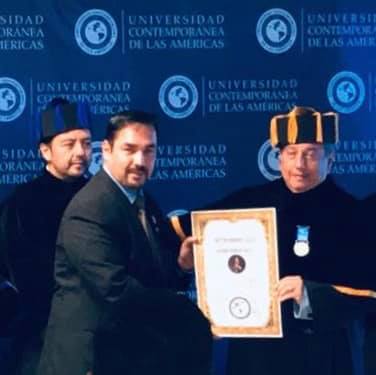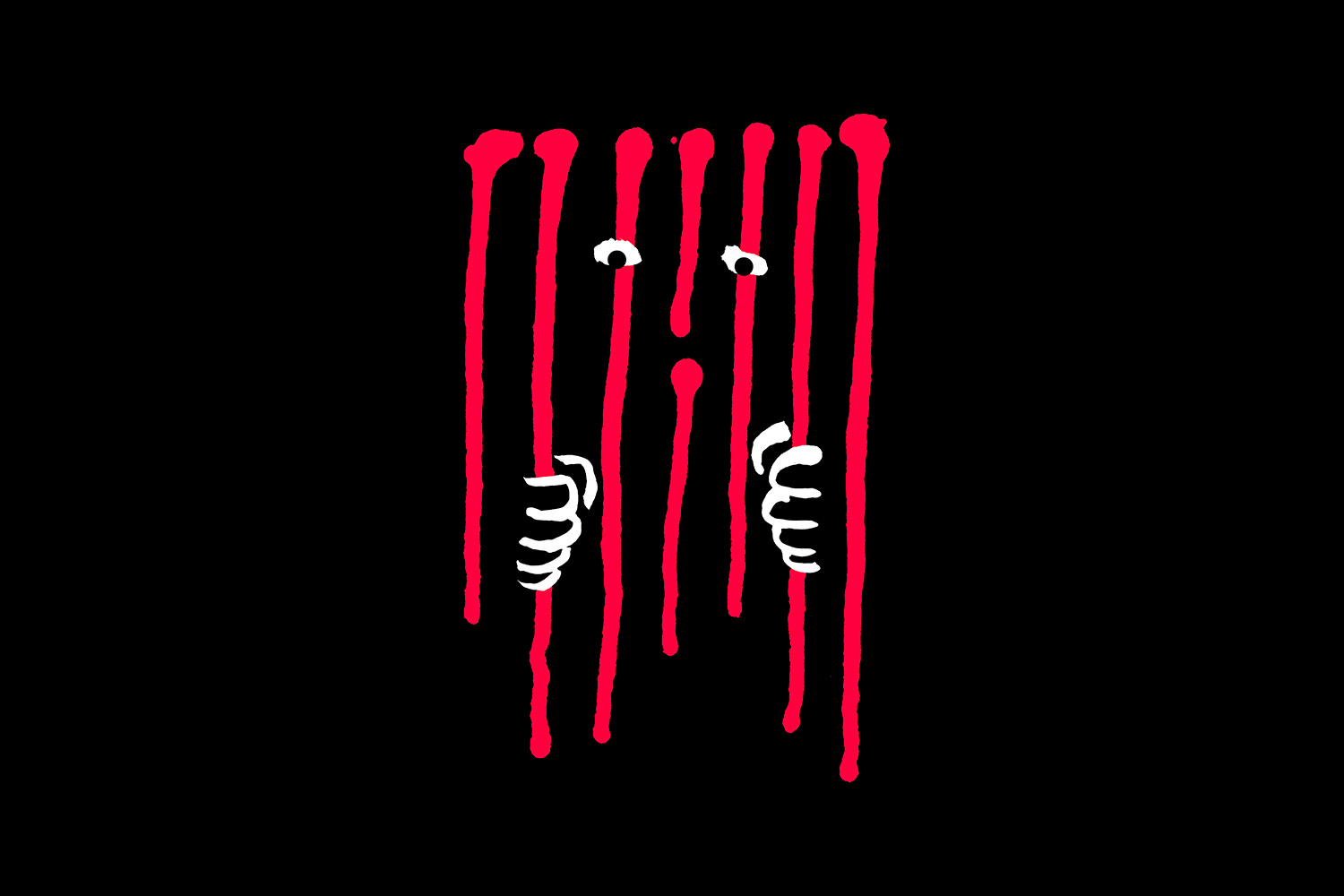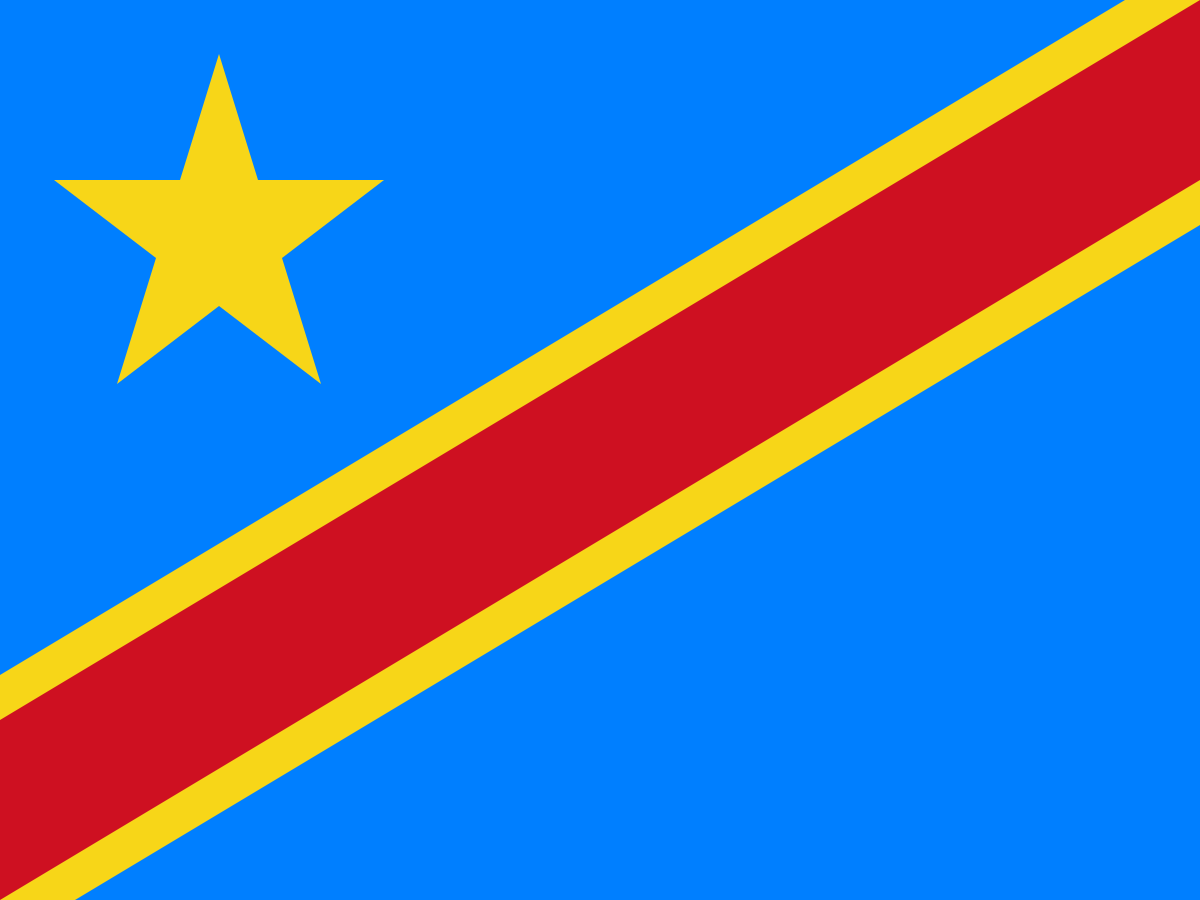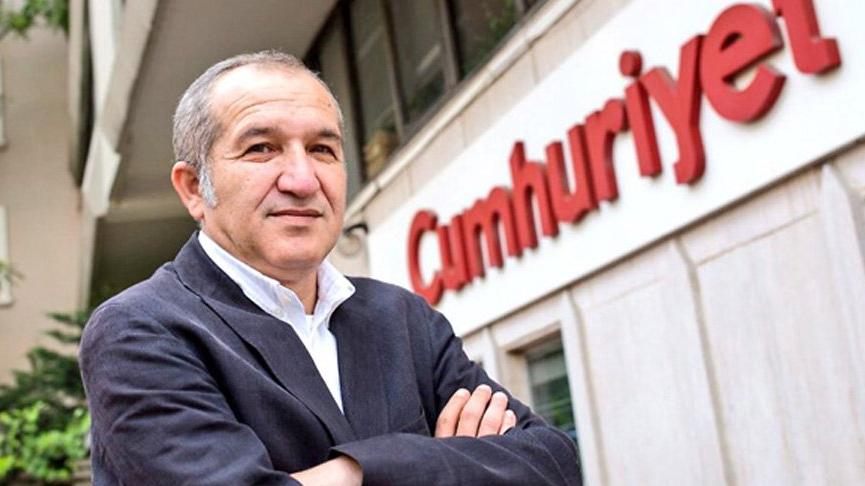Sidebar
EXTRAORDINARY CHAMBERS IN THE COURTS OF CAMBODIA
The Khmer Rouge regime took power on 17 April 1975 and was overthrown on 7 January 1979. Perhaps up to three million people perished during this period of 3 years, 8 months and 20 days. The end of Khmer Rouge period was followed by a civil war. That war finally ended in 1998, when the Khmer Rouge political and military structures were dismantled.
In 1997 the government requested the United Nations (UN) to assist in establishing a trial to prosecute the senior leaders of the Khmer Rouge.
In 2001 the Cambodian National Assembly passed a law to create a court to try serious crimes committed during the Khmer Rouge regime 1975-1979. This court is called the Extraordinary Chambers in the Courts of Cambodia for the Prosecution of Crimes Committed during the Period of Democratic Kampuchea (Extraordinary Chambers or ECCC).
The government of Cambodia insisted that, for the sake of the Cambodian people, the trial must be held in Cambodia using Cambodian staff and judges together with foreign personnel. Cambodia invited international participation due to the weakness of the Cambodian legal system and the international nature of the crimes, and to help in meeting international standards of justice. An agreement with the UN was ultimately reached in June 2003 detailing how the international community will assist and participate in the Extraordinary Chambers.
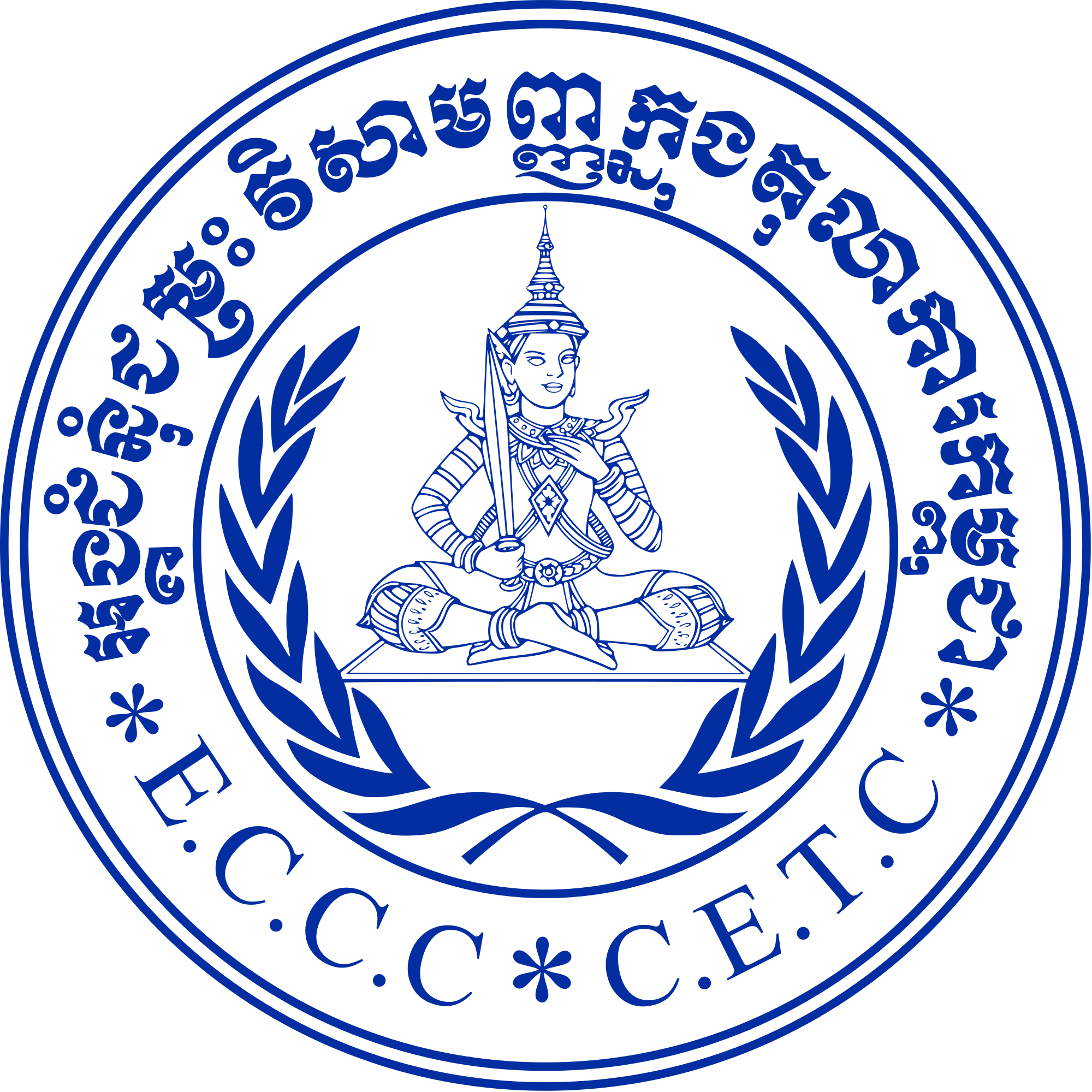
Uncategorised
Mr. Álvaro Burgos, vice-president of the ICB, judge and professor of Costa Rica, has received in Mexico the Honoris Causa Doctorate, awarded by the Contemporary University of the Americas UCLA and the Ibero-American Federation of Lawyers FIA for his contributions to the Juvenile Criminal Law from the Judiciary, Teaching and Research.
Women and girls on death row require specific gender-based responses and policies.
GENEVA (10 October 2018) – Speaking on the World Day Against the Death Penalty, UN human rights experts* urge Governments around the world to address the situation of women and girls on death row:
“Women and girls are an invisible death row population whose plight and needs are too often ignored. Today, we call on States to address the multiple violations of human rights and gender-based discrimination faced by women and girls on death row.
Le Séminaire permanent "Luis del Castillo" sur la Justice Pénale Internationale est né au sein du Barreau Pénal International avec le but d'être un instrument de formation, de recherche, de débat intellectuel et d'échange d'idées de la communauté juridique internationale la justice internationale.
Sa première édition en Catalogne, sera consacrée à l'activation du futur Master International en justice pénale internationale pour commencer en Février 2018, réunissant les coordinateurs des différents modules dans un contenu de travail de conception, l'harmonisation des techniques enseignement virtualisé et débat sur les stratégies de formation juridique des acteurs juridiques internationaux. Les participants assisteront à des juges, des procureurs et du personnel de la Cour pénale internationale et d'autres tribunaux internationaux, des avocats du Barreau de la CPI, chercheur et professeur dans diverses universités et centres de recherche, et le personnel technique des organisations internationales.
L'événement a été divisé en trois jours qui ont été menées cérémonie d'ouverture institutionnelle du séminaire à la salle plénière de la ville de Tarragone, avec le maire, M. Josep Fèlix Ballesteros, la Présentation générale du Master Justice pénale internationale: sa mission, sa vision, ses objectifs, ses méthodes d'enseignement, sa structure académique, son programme, son contenu et sa dynamique de sujet; et la présentation du contenu et des propositions d'enseignement pour les sujets du Master à l'Université Rovira i Virgili de Tarragone et au Barreau de Tarragona - ICAT
L'événement a été suivi par M. Fabricio Guariglia, M. Esteban Peralta Losilla de la CPI. M. Santiago Castella, directeur académique du Master, Président d'honneur de la CFPI M. Luis Del Castillo Aragon, Président M. Blas J. Imbroda, Secrétaire général Mme Erika Torregrossa, coordinatrice Mme Bwiza pour l'Afrique Dignité pour l'ICB, M. Jaume Antich, M. Pierre A. Kopp, vice-président de l'ICB, M. Kenneth Gallant, chef des études du capitaine, M. Daniel Mekonnen, Mme Luz Elena Mira, Mme Svetlana Paramonova et M. Luis Miguel Ojeda Ruiz.
The Congolese people will be going to the polls to partake in the presidential, legislative and provincial elections. As they do, I am concerned by the growing tensions in the Democratic Republic of the Congo ("DRC") and the risk of escalating violence that could lead to the commission of grave crimes under the jurisdiction of the International Criminal Court (the "ICC" or the "Court").
The DRC is a State Party to the ICC. This Court was created to prosecute and try those accused of the most serious crimes of concern to the international community, namely the crime of genocide, crimes against humanity, war crimes and the crime of aggression.
In the morning hours of the 13th of March 2017 a side event/panel discussion co-sponsored by the ICB, along with 13 other civil society organizations, took place at the UN Human Rights Council (HRC) in Geneva. The side event focused on the on-going situation of crimes against humanity in Eritrea as verified by a 2016 report of a commission of inquiry (COI) mandated by the HRC.

